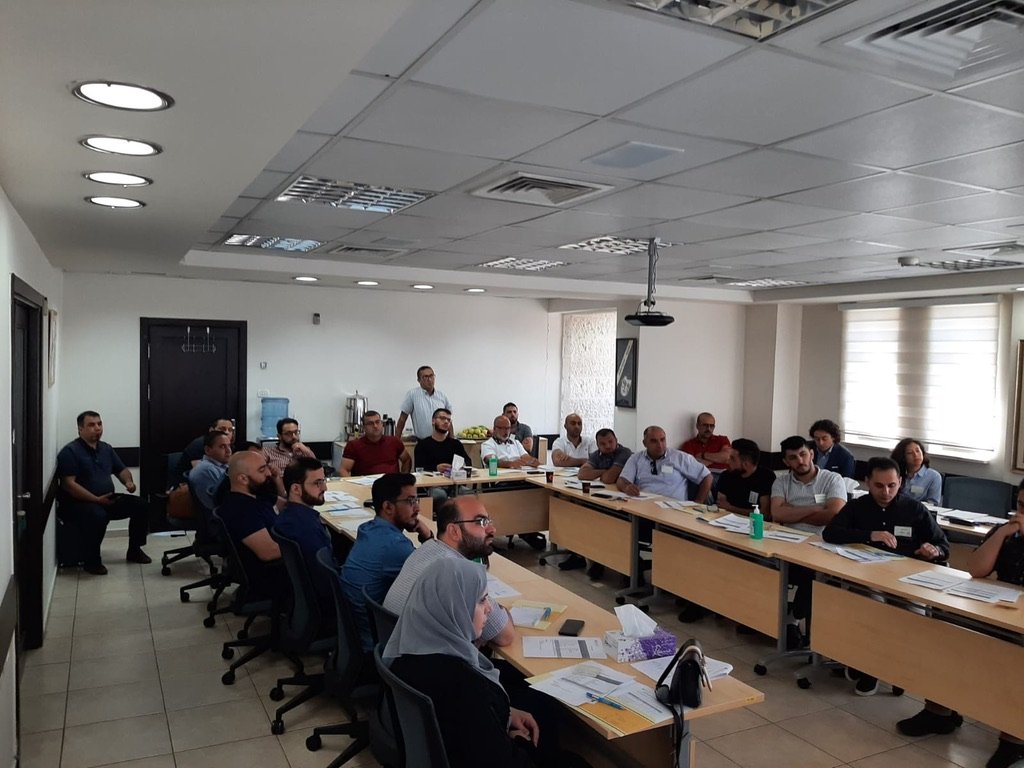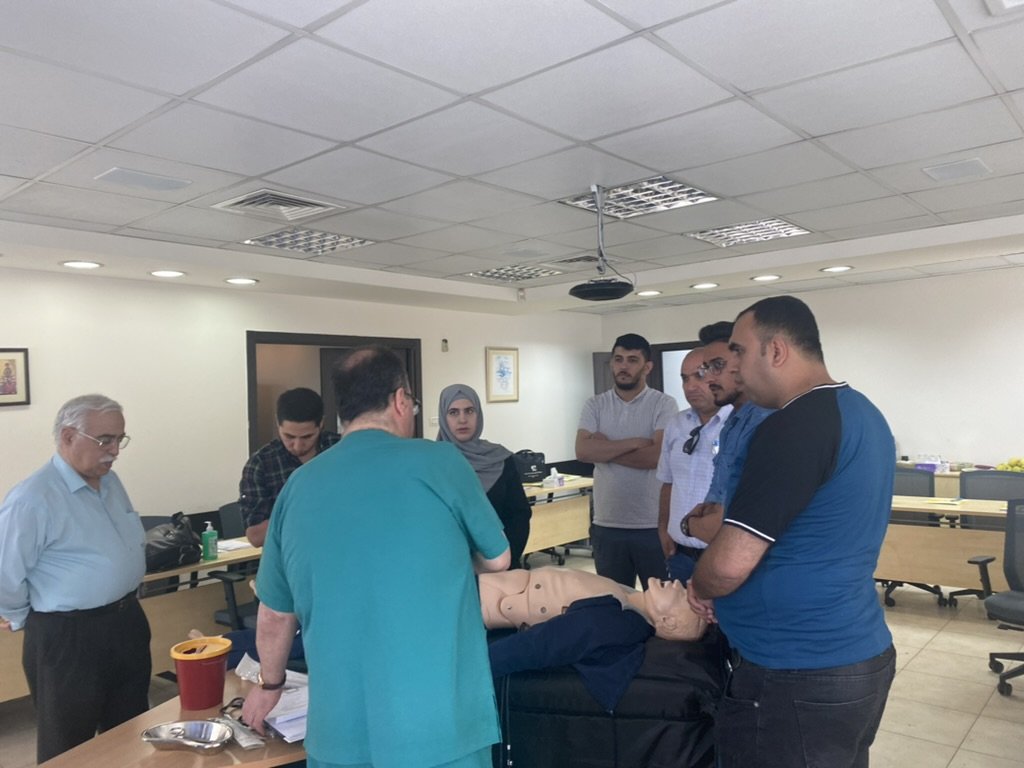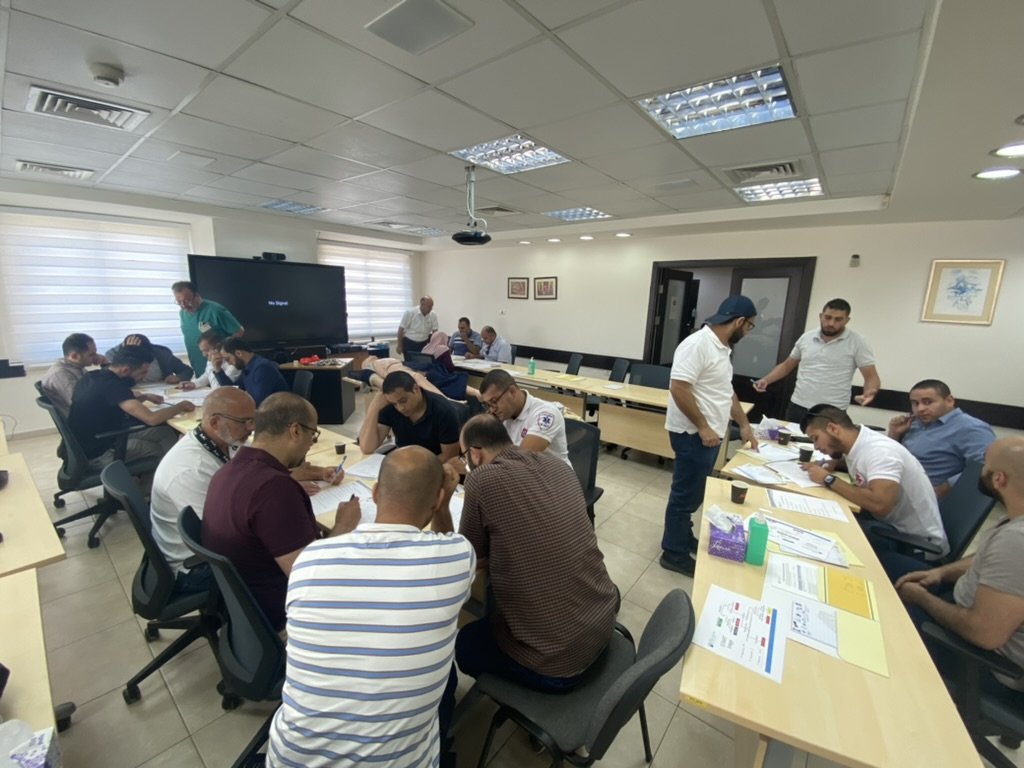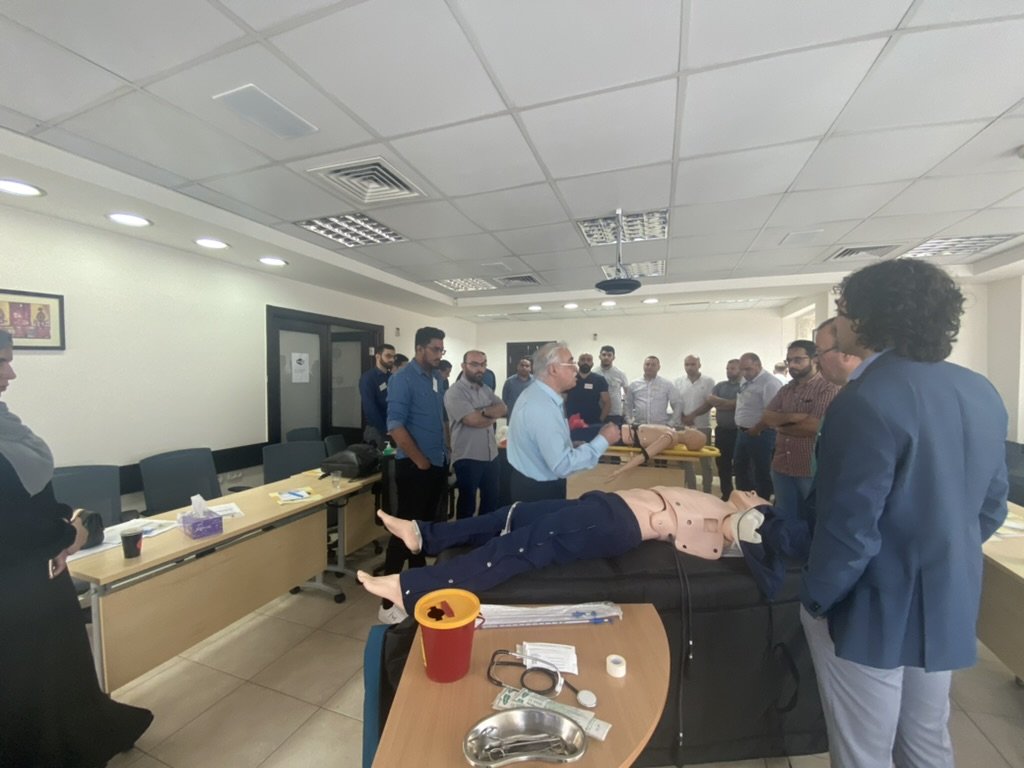The Center for Global Surgery at the McGill University Health Center in collaboration with the Juzoor for Health and Social Development, administered this course in Ramallah on June 2-4, 2022. Twenty-one Palestinian health workers took the course who found the content relevant and the skill sessions appropriate for their skill levels; participants also expressed having:
• Attained adequate knowledge base for the delivery of trauma care
• Attained competency in trauma care and disaster response
• Understood the roles and responsibilities of the team members in resuscitating a trauma patient
• Effective intraprofessional simulations as the course provided the opportunity to work as a team and put emphasis on assertive communication.
All participants found the course and skills taught very useful and showed interest. The CGS and Juzoor are convinced that such courses will greatly impact the quality of care delivered to trauma patients, and that team-based resuscitation skills will significantly improve particularly for Emergency Department Health Workers.
The Trauma and Disaster Team Response (TDTR) course was designed by the CGS-MUHC to convey appropriate management of trauma including in disaster response contexts. The course includes a combination of didactic lectures, skill sessions and team exercises while emphasizing on a multi-disciplinary approach in managing trauma patients. The course is addressed to a wide range of healthcare professionals including surgeons, nurses, emergency physicians, anesthetists and other allied health professionals working in emergency department settings.











![IMG_20190118_114857[6167].jpg](https://images.squarespace-cdn.com/content/v1/5ac9467ef407b43251973d7c/1551032182987-46K77N7PEZWJ80I2UFAD/IMG_20190118_114857%5B6167%5D.jpg)





